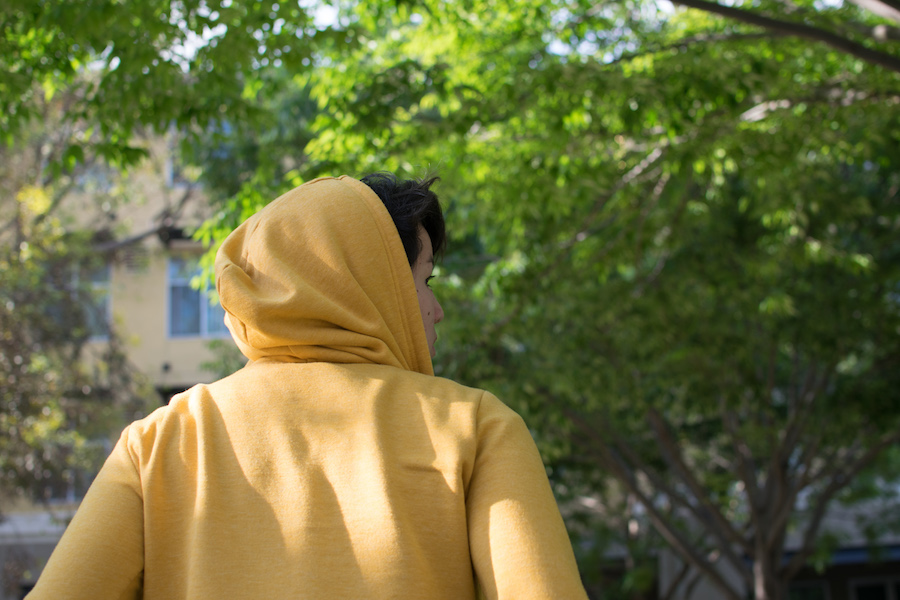
The term “1.5 generation” has become increasingly popular, perhaps even more so than “first generation” as a way to describe immigrants whose parents did not grow up in the host country. It was first coined in 1999 by Kyeyoung Park, a Korean anthropologist at UCLA. The 1.5 generation refers to a specific age group of young immigrants, usually 12 to 15 years old. While they are adapting to the host country’s culture, they nonetheless hold strong ties to their home country’s culture.
I first heard of the term in high school when my friends were discussing how the “FOBs” (fresh off the boat immigrants) are a completely separate Asian category from the ABCs (American Born Chinese). I moved to California when I was 10, so my friends always expected me to be the link between the FOBs and the ABCs. I knew fluent Mandarin and understood Chinese culture, so there was little distance between me and the students who had just immigrated from Asia. But I also adapted to American culture, and the ABCs in my neighborhood accepted me. Somewhere down the line, I transcended from simply “first generation” immigrant to “1.5 generation” immigrant. The 0.5 seems innocuous, but it has created a lot of tension within the Asian middle-class.
Wanting to make a point about cultural conflict, my AP Chinese teacher told us a story about a Chinese student getting in a fight with a Mexican student in the hallway because he was talking rambunctiously in Mandarin, and the Mexican kid told him to “go back to China.” The confrontation triggered a fist fight involving the police and an ambulance. My first reaction to the story was disgust. I was disgusted at how the Chinese kid, someone who shared the same background and lineage as me, could be attracting negative attention in a host country.
Growing up, I was always the “fobby” one out of the friend group. When I was younger, it didn’t occur to me that it was derogatory. I rocked my culture — I always had homemade Taiwanese lunches, and I’d share my favorite Taiwanese artists’ songs with my friends. I held that identity dearly, and I’d get offended when my friends teased me for failing to enjoy the Backstreet Boys or Britney Spears. Therefore, my initial reaction to the news surprised myself. I should have been sympathetic to Asian immigrants, but I wasn’t. I felt removed from the first generation group that I had identified with, and I had started considering myself as one of the ABCs.
Why is there a divide between immigrants? The term 1.5 generation was not to marginalize any immigrant group, but it surprisingly brings out more negative effects. Prior to the introduction of 1.5 generation, first generation was a loosely comfortable term that brought immigrants together. But now a new hierarchy exists among first generation immigrants and immigrants who spent most of their childhood in a host country. The term branches beyond just Asians. Latinos have also used the 1.5 generation to classify themselves. It’s become a widespread term, but does it bring any benefits? According to Ana Lucia Gonzalez, a writer for the BBC, many 1.5 generation immigrants still face discrimination from both the host and the home country. Dan Moffett, an immigration expert, says the term has no definite meaning and is often left ambiguous. This ambiguity fuels discrimination and further divides the 1.5 middle.
You can reach SANDY CHEN at sichen@ucdavis.edu



